We need a connectivity-based economic strategy, to be open to new technologies, to make Hungary a meeting place in an economic, cultural and political sense, and from this we need to garner the economic driving force that will make us truly successful in the coming decades,
he stressed, adding that this strategy also includes putting our identity and national interests first. At a round table discussion organized by the Hungarian Embassy in Paris, Balazs Orban presented his book, The Hungarian Way of Strategy, which was just put out in French by La Nouvelle Librairie.
He said that the second volume [literal translation of Hungarian title: A Hussar slash - Hungarian connectivity strategy - ed] is in the works and expected to be available in time for Christmas. While the first book focused on the principles underlying the successful Hungarian strategy, the second focuses on economic issues and geopolitics. "This book will provide the first complex analysis of the Hungarian interest in the changing world order," said the political director.
Balazs Orban had originally intended the first volume specifically for Hungarian readers, but he realized it might also be interesting for foreigners as well, as requests poured in for the publication of translated versions: first in English, then in Polish, Italian, French, German and in the near future in Spanish.
"I find that people of all cultures relate to what is written in the book. In the conservative right-wing and those in classical liberal circles who care about the nation state and the preservation of identity look to Hungary as an example, even though my book is about how there is no prescribed example and that everyone has to go their own way. Yet, they want to draw from this story," he noted.
"The basic premise of The Hungarian Way of Strategy, is that after more than a thousand years, the time has come when Hungary has finally reclaimed its sovereignty and is responsible for its own decisions," Balazs Orban recalled.
Despite the contrary opinions being expressed from all directions, now is the time, the place and the responsibility to create our own strategy, which by definition should not be the same as the strategy of other countries. This strategy must be constructed of our own history, our own cultural traditions and our own geopolitical attributes,
he added.




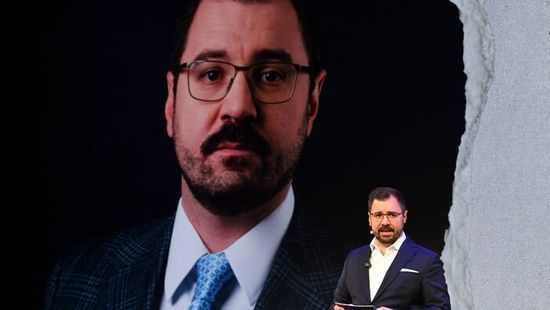


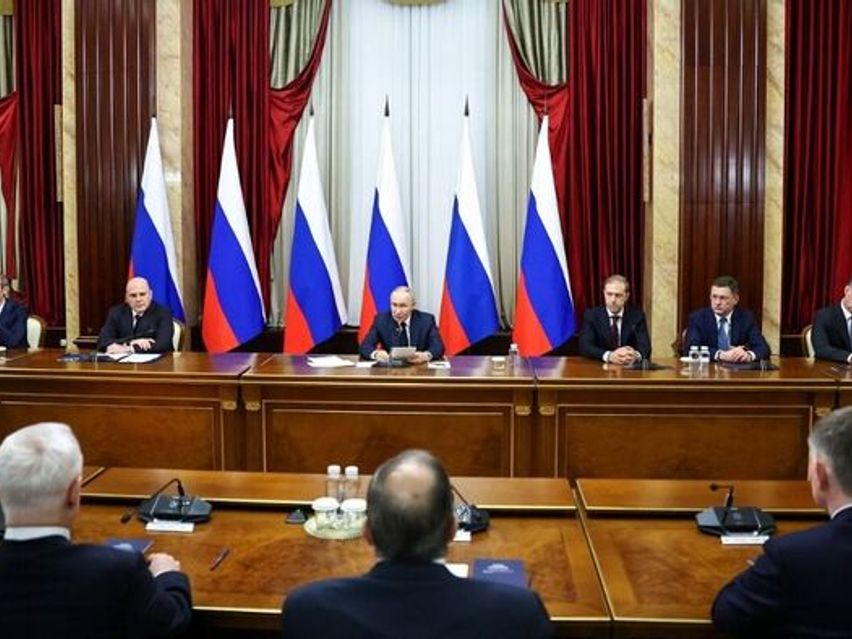

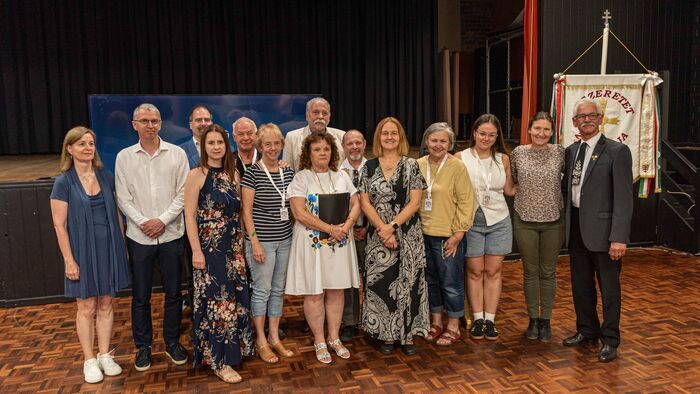

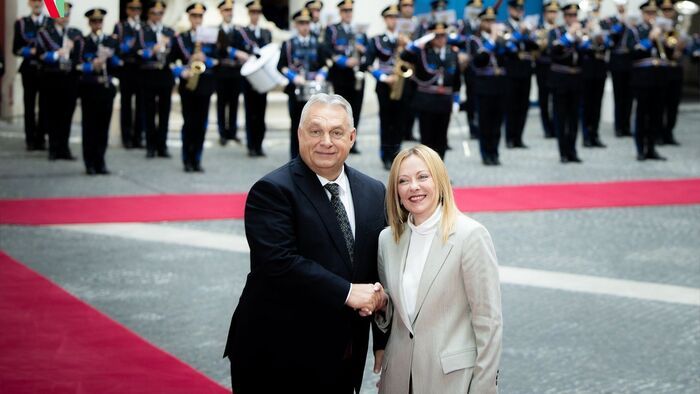
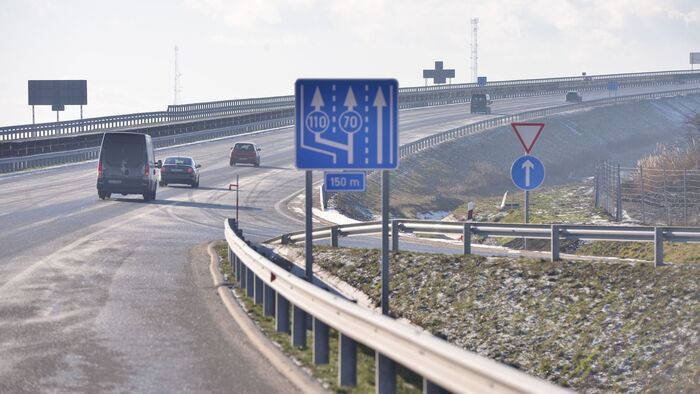



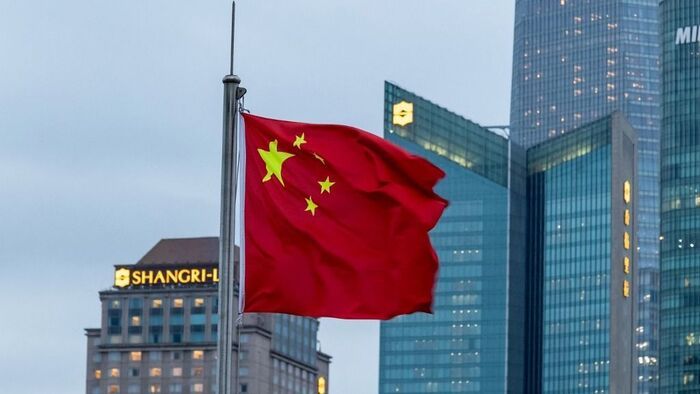






Szóljon hozzá!
Jelenleg csak a hozzászólások egy kis részét látja. Hozzászóláshoz és a további kommentek megtekintéséhez lépjen be, vagy regisztráljon!